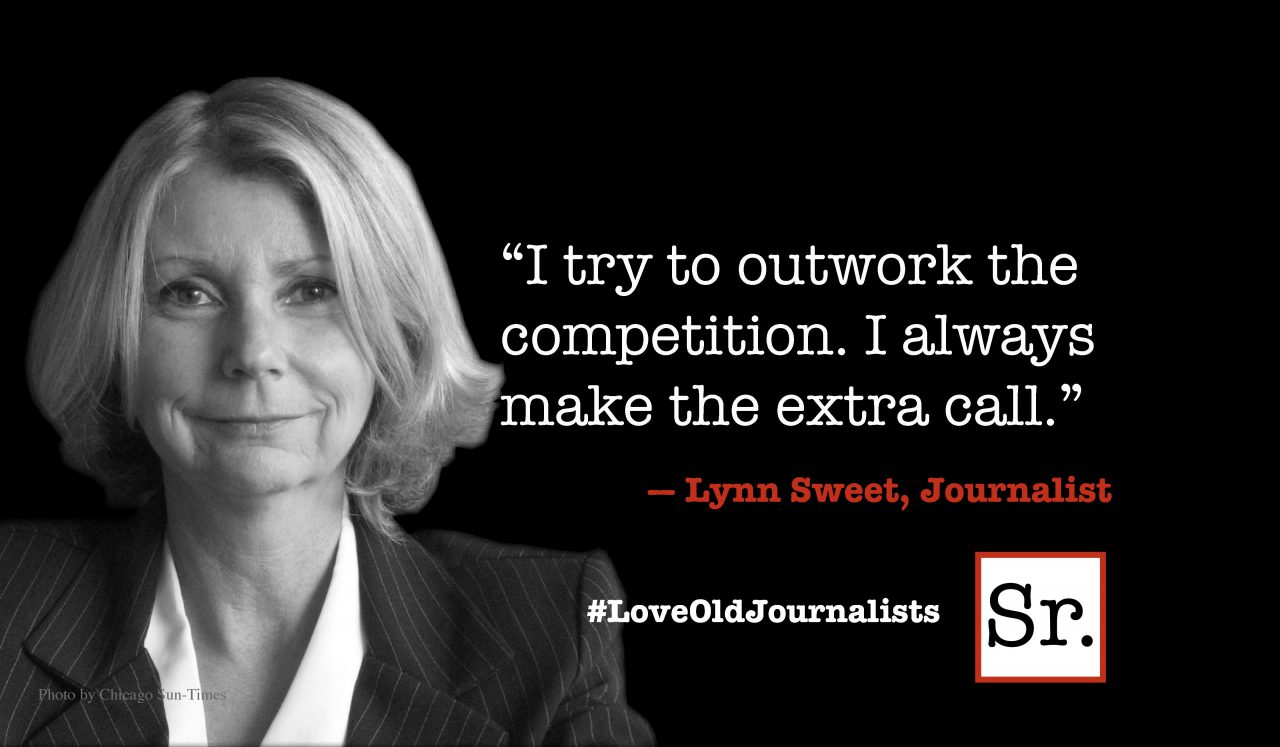The events and experiences happened long ago when Ruth Treeson was a teenager. She wrote her book, "The Long Walk," only a few years ago and has been both surprised and heartened to find out how meaningful her words are to today's children in America when she speaks at local schools, often with at risk young people. Although these children are far removed geographically and politically from the Holocaust, Ruth has found an emotional link with the children who eagerly listen to her and ask pointed questions.
Teryl Zarnow of The Orange County Register wrote an article that followed some of the questions and answers with 8th graders in Santa Ana. Here are some of the exchanges that appeared in the OC Register article between the author/Holocaust survivor, and the students.
Why did you feel guilty about your sister?
I was the older sister; I was responsible. When they pulled her away from me, I could not save her. I felt I failed.
How could you sleep knowing you could die?
You sleep in terror and exhaustion, with no dreams … It was already one long nightmare. Imagine you don't know when your turn will come. I feel proud that I persevered. I won't be destroyed as a human being. I thought, "You will not change me," and they didn't.
Were you ever about to be killed?
Yes, I was chosen once during a selection, but I was daydreaming about eating breakfast at home and didn't realize. The guards were so certain prisoners would follow directions, they never counted. I survived by my imagination. I wasn't there. I put myself somewhere that I liked better.
What did you learn about yourself?
It is important to endure that which is unendurable. You must turn yourself into the type of human being you want to be.
If you could, what would you do to a German who was cruel to you?
I would do nothing. In order to get even, I would have to become like that person. I would have to turn myself into a beast, and I don't want to be like that.
In these exchanges with students, Ruth gently but resolutely pushes her hard-won and tough-tested philosophy of life to the children. Many of the young students are dealing with difficult life situations that have turned them pessimistic about themselves and society. They are often burdened with anger and the desire to strike back. Ruth gives them strategies for survival such as:
"Young people need to understand that hope doesn't come from the good nature of other people. You need to build on what is within yourself."
"Hate is a railway that leads only to destruction."
"It is much better to listen, not to judge people, but to accept and understand. If you are less concerned with anger, you will discover an ability to improve."
Even after the war ended, coming to the United States at 15 and having to deal with a new culture, a language she didn't know, and classmates who had no understanding of what her years in the Auschwitz death camp had been like required Ruth to continue to call upon her inner strength.
Many people talk easily about staying optimistic and keeping peace in your heart, but talking to Ruth Treeson gives a much deeper dimension of what's possible – then and now – in the most indescribable of horrible, even in the tender teenage years.








